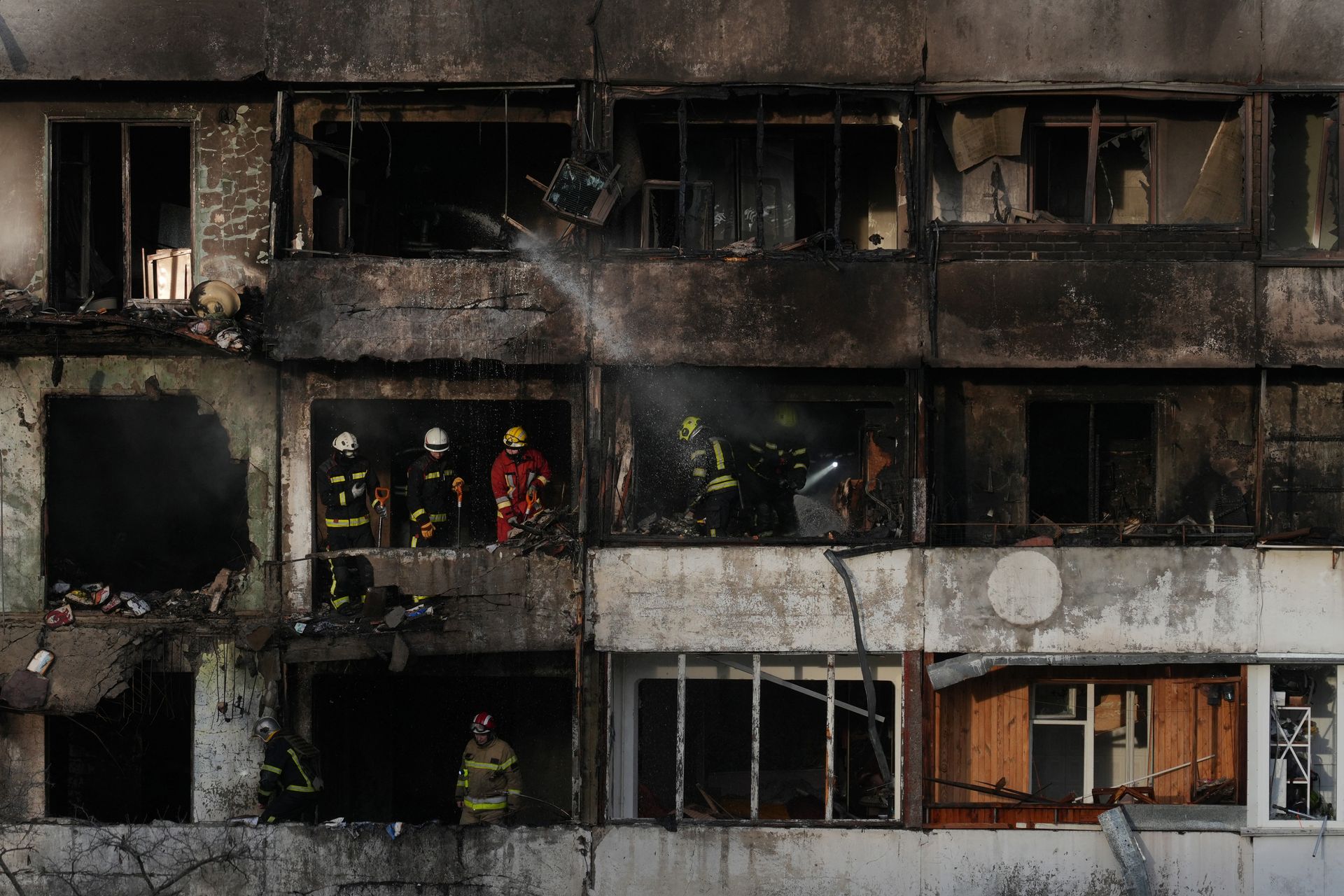Ukraine rejects using Russian assets as bargaining chip in peace talks

Ukraine says Russia's frozen assets should not be used as a bargaining chip in peace talks, and is pressing Brussels to finalize a loan backed by the funds.
"Keeping the assets permanently 'on ice' or turning them into a bargaining chip between Russia and another power only prolongs the conflict," Iryna Mudra, deputy head of President Volodymyr Zelensky's office in charge of legal matters, told the Kyiv Independent in an email.
European leaders failed last month to agree on a so-called reparations loan, a $140 billion scheme that would lend Russian central bank reserves to Ukraine that were frozen after the full-scale invasion.
Those assets surfaced in a 28-point peace plan drafted without European input, which proposed channeling a portion into a U.S.–Russia investment vehicle.
"Any idea that a sizable chunk of frozen Russian sovereign assets could be split between Russia and the United States as part of a peace deal is fundamentally wrong in law and in principle," Mudra said.
A 19-point plan crafted over the weekend with Ukrainian and European involvement reportedly removed reference to the frozen assets. Reports have meanwhile surfaced that Ukraine is ready to accept a peace deal, but that minor details still need to be sorted out.
It is unclear if the Russian assets are part of the latest version of the peace deal. Mudra declined to comment when asked whether the assets are currently being discussed as part of the deal, but said Ukraine considers that it has a legal claim to the funds.
"These assets are directly linked to Russia’s unlawful aggression against Ukraine, and under international law — already belong to Ukraine," Mudra said.
Ukraine faces a cliff-drop in funding for next year, and is nearly fully reliant on European allies to cover both military and financial support, as the U.S. under President Donald Trump has ceased support.
According to a letter sent by European Commission President Ursula von der Leyen to member states on Nov. 17, Ukraine requires 83.4 billion euros in military support and 52.3 billion euros in macro-financial needs over 2026–2027.
The letter outlined three options for supporting Ukraine. A reparations loan is likely the most palatable for European countries, some of which face pressure on their finances.
Mudra said that Europe "has to use (the reparations loan)," calling it a key card in ending this war.
"If the EU approves a Reparation Loan based on international law (...) then Ukraine will have predictable, long-term financial and military sustainability," she said.
Roughly $300 billion of foreign reserves held by Russia's central bank were frozen by sanctions in the days following the full-scale invasion. The majority — 185 billion euros — is held in Belgium.
An estimated $524 billion is needed for the recovery and reconstruction of Ukraine, according to the World Bank.
Ukrainian lawmaker Inna Sovsun from Holos, an opposition party, said that many diplomats over the past couple of days have expressed uncertainty about what else they can do to pressure Russia to end its nearly four-year full-scale invasion against Ukraine.
"And I kept telling them: your biggest leverage is the Russian assets," Sovsun said.












